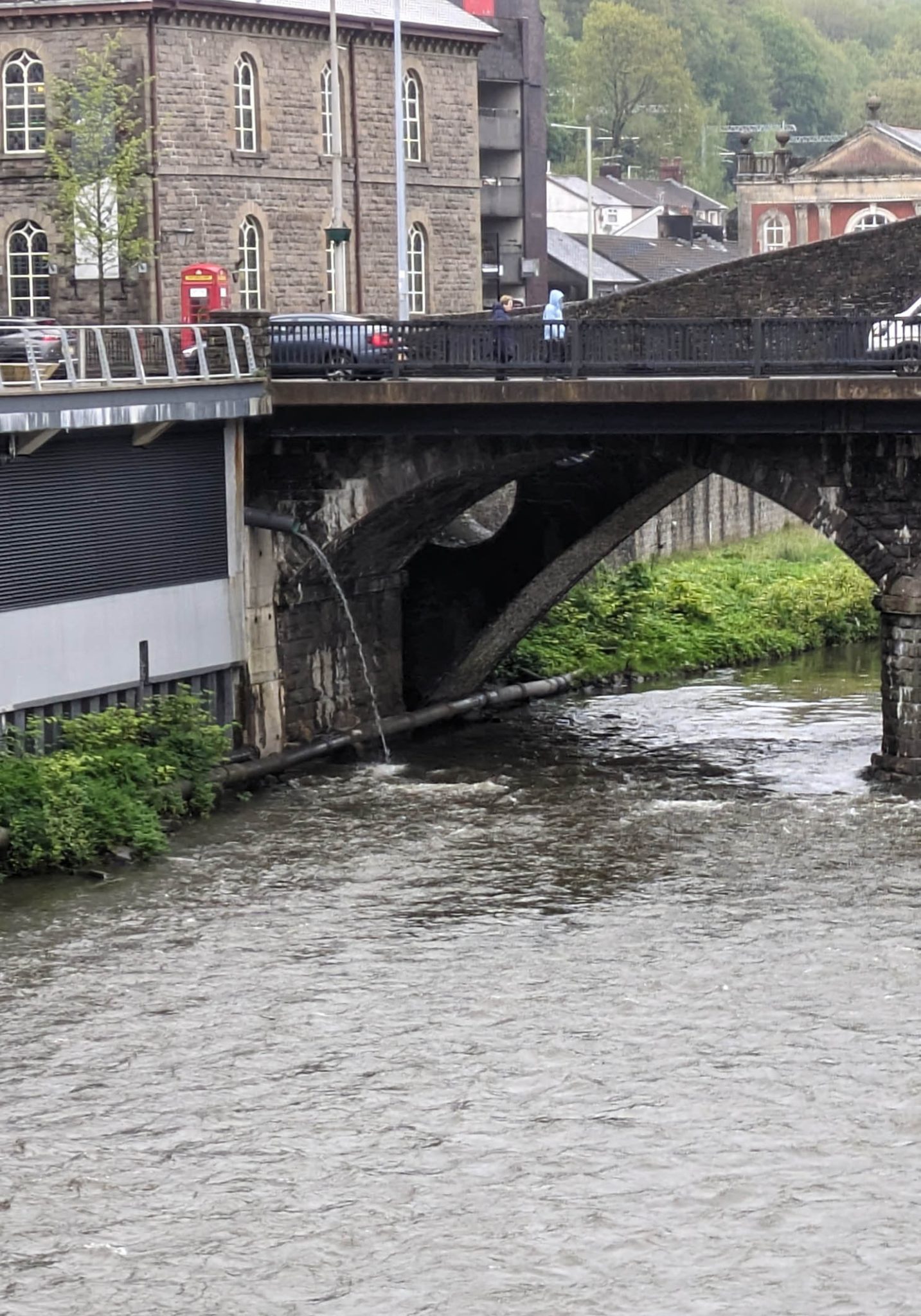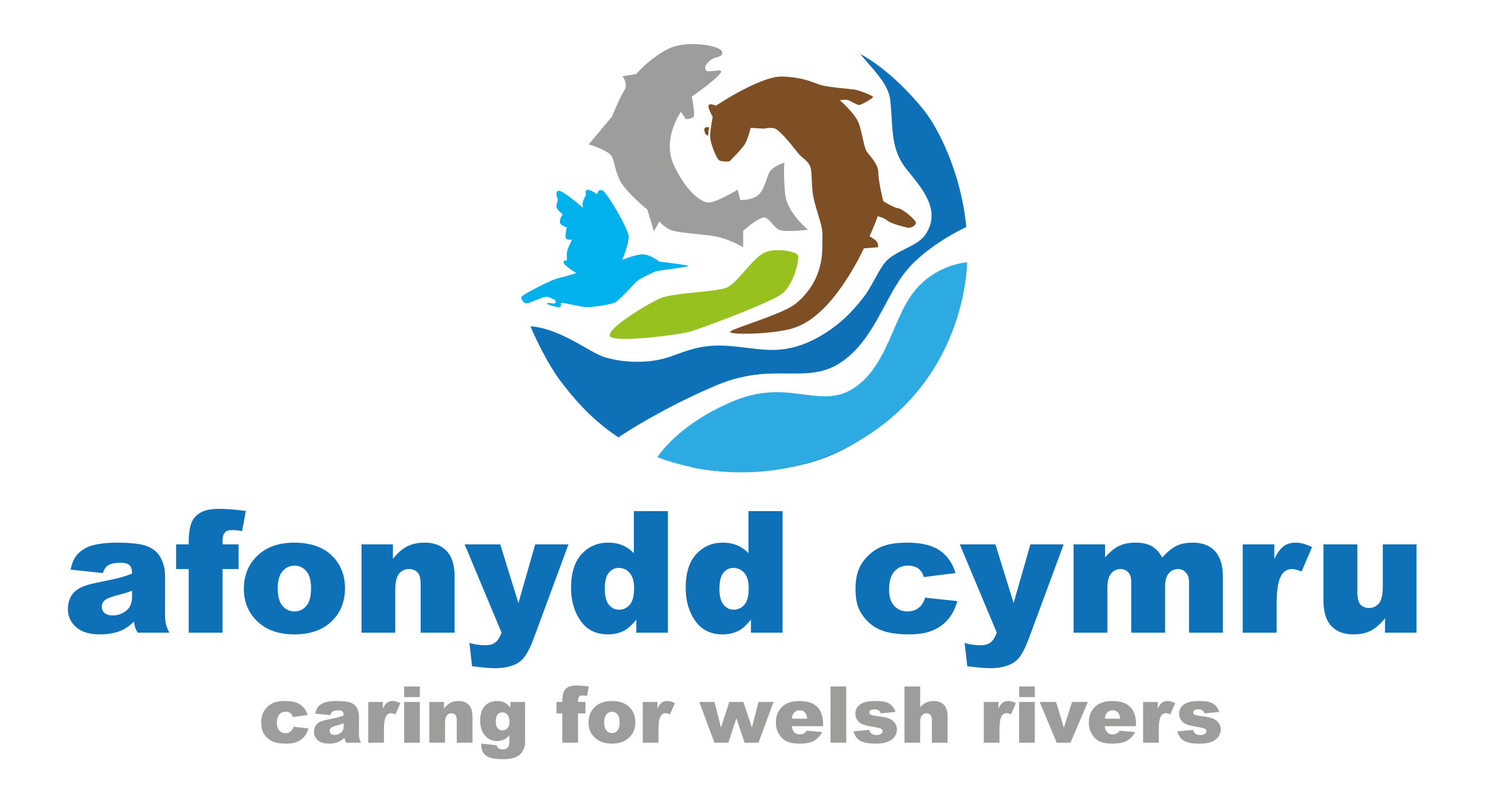
Road runoff entering the River Taff in South Wales
Wales has only half the length of road per square mile when compared to England and less than 7% of the number of miles driven per year, yet the extent to which road runoff is polluting Welsh rivers remains unknown.
The publishing of a new report last week has elevated road runoff onto a level with water company and agricultural pollution in England. It has also exposed how little we know about the damage it is causing to rivers in Wales.
Wednesday 15th May, 2024
The publishing of a report last week by the Chartered Institute of Water and Environmental Management (CIWEM) and Stormwater Shepherds has brought road runoff pollution back into focus.
While this is not a new issue, it is one that has tended to be pushed into the wings while water company and agricultural pollution take centre stage. Despite admirable work by both these organisations and some media outlets to highlight the issue, little has historically been done to resolve it.
The report states that Environment Agency and National Highways research has identified a range of pollutants often found in highway runoff that are harmful to aquatic and human health. In addition, sampling of motorway and highway outfalls in Northern England by Stormwater Shepherds found discharges to be failing Environmental Quality Standard for several polyaromatic hydrocarbons (PAHs).
While the sampling data is from Northern England only, the report argues that road runoff is likely to be a problem affecting the whole of the UK. Wales has only half the length of road per square mile compared to England and less than 7% of the number of miles driven per year, so it could be argued that road runoff pollution may not be quite as acute for Welsh rivers. There are likely to be some localised issues where some major traffic routes run alongside rivers though.
However, while Welsh Government have been using modelling to identify road drains that are of high risk, the truth is that without regulation and adequate monitoring, the extent to which they are polluting rivers, estuaries and the seas will remain unknown. Road drains could also be responsible for transferring other pollutants such as sediment and many are also linked with engineered structures which impact fish migration in Welsh rivers.
Better Monitoring Required
We need to know what impact road runoff is having and where the threats are. Up to now, monitoring by Natural Resources Wales (including for Water Framework Directive assessments) has not been detailed enough to tell us. A review of its monitoring regime is currently underway and we would expect the resulting recommendations to include further investigations into this source of pollution.
Some efforts are already underway to tackle the problem in Wales. North Wales Rivers Trust, for example, have embarked on a programme of resolving salinity and chemical pollution in the Afon Bach (a tributary of the Clwyd) from the nearby A55. By installing wetlands, the runoff from the motorway is being slowed and filtered before it enters the river.
Welsh Government must now ensure that all new roads or road improvement schemes that drain into rivers have either a mechanical or, ideally, natural measure to filter road runoff. Tackling every polluting road drain will take time and money as the report rightly concludes, but knowing the range and extent of the problem in Wales is crucial to understanding the cumulative impact from all the sources of river pollution.

